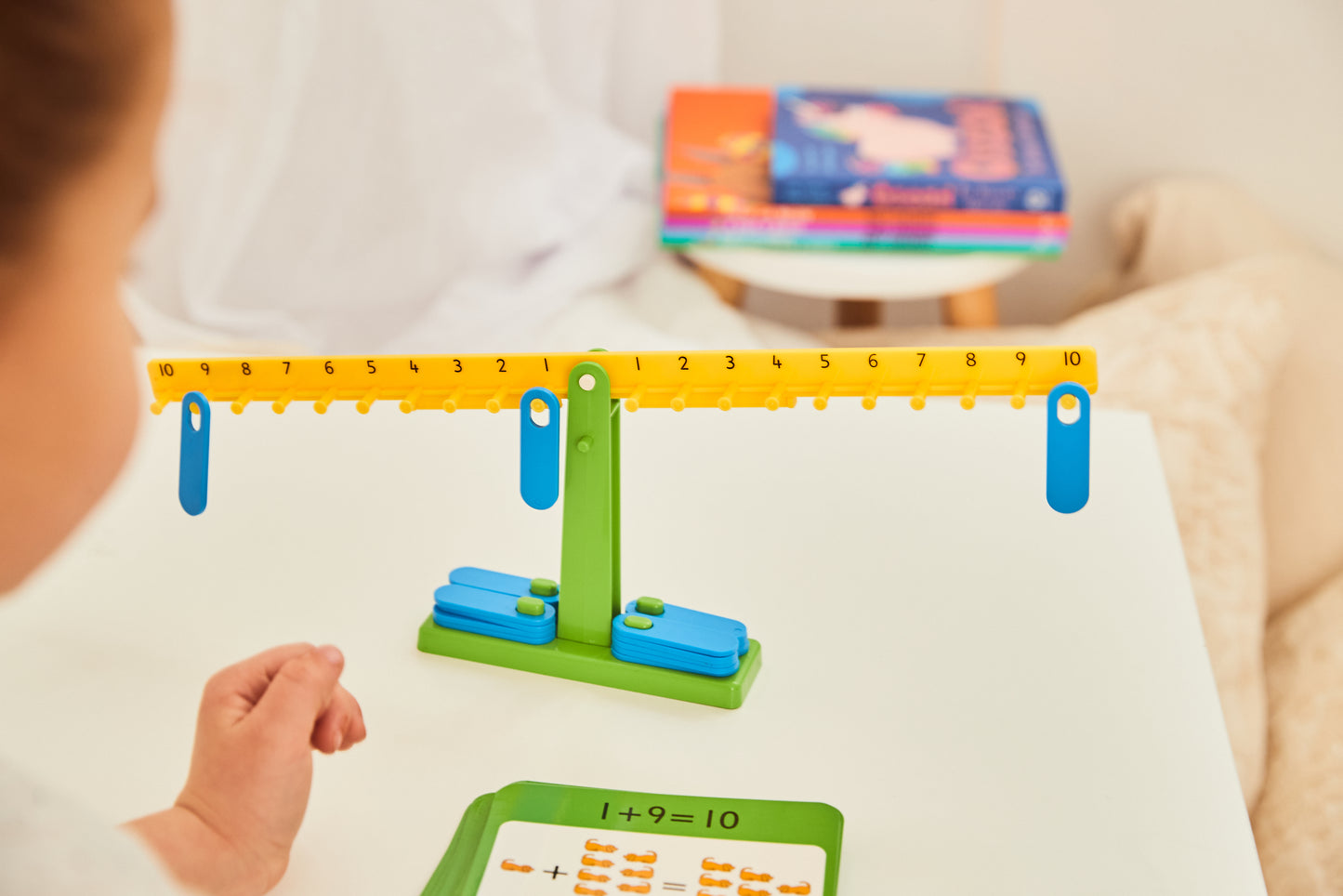
The best opportunities for our children to learn and grow, particularly during those crucial early years. Between the ages of 0-6, children are in a unique stage of development where they are absorbing everything around them. It’s during this time that introducing essential skills, like maths, numbers, letters, and reading, can lay the foundation for lifelong learning. But how do we do that in a way that keeps them engaged, happy, and inspired? The answer lies in play-based learning.
At Edx Education, we believe that play is one of the most effective ways to foster a love for learning in young children. Through our range of educational toys, products, downloadable resources, and our podcast, Play, Learn & Create with Edx Education, we aim to support parents and caregivers in making play an integral part of their child’s development journey.
Why Play is Key to Learning
Play-based learning offers numerous benefits for young children. It’s more than just fun—it’s an opportunity to engage in problem-solving, develop language and social skills, and explore mathematical and literacy concepts in a hands-on way. The power of play comes from its ability to create a relaxed, enjoyable environment where children can experiment with new ideas and stretch their understanding of the world around them.
When children play, they are practicing critical thinking and honing their creativity. Whether they are using pattern blocks to identify shapes or counting with number rods, they are building essential cognitive and motor skills that contribute to their overall academic success.
How Play Can Help Children Catch Up
With so much emphasis on academic readiness, many parents may feel pressured to start teaching maths, letters, and reading early on. However, formal instruction isn’t always the best way to approach learning, especially for children aged 0-6. In fact, research shows that learning through play can be more effective for this age group. Here’s how playing with your child can support their development in key areas:
-
Maths and Numbers: Toys like our Maths 101 range and Number Rods to Go are designed to make learning about numbers engaging and interactive. Playing with these tools helps children develop number sense, recognise patterns, and practice basic operations like addition and subtraction. By turning maths into a game, you’ll encourage your child to enjoy the subject and feel more confident in their abilities.
-
Letters and Reading: Early exposure to letters and sounds is essential for literacy development. You can help your child recognise letters through activities like matching games, tracing with finger paints, or reading storybooks together. Our resources can be paired with fun letter-based activities, making learning to read a natural and enjoyable process.
-
Problem-Solving Skills: Many of our toys encourage children to use critical thinking to solve puzzles and explore new concepts. Open-ended play with products like Linking Cubes or Pattern Blocks allows children to approach challenges from different angles, improving their ability to think creatively and independently.
-
Speech and Language Development: Play is a fantastic way to enhance communication skills. Through role-playing games, storytelling, and interactive play, children develop their vocabulary and learn how to express themselves. Whether your child is building a tower or pretending to run a shop, they’re engaging in conversations and practicing the language they’ll need for school.
Incorporating Play-Based Learning at Home
You don’t need to have a dedicated “learning time” to incorporate educational play at home. Instead, look for opportunities throughout the day where you and your child can engage in fun, meaningful activities together. Here are some tips for bringing play-based learning into your everyday routine:
-
Make it a game: Children learn best when they’re having fun, so turn everyday tasks into playful learning opportunities. Count objects as you tidy up, sing songs that introduce letters and numbers, or challenge your child to build the tallest tower they can with blocks.
-
Be present: Children thrive when they have the full attention of their parents or caregivers. Set aside time to play together, allowing your child to lead the activity while you offer gentle guidance and encouragement.
-
Use toys to reinforce learning: Our educational toys, from pattern blocks to number rods, are excellent tools for reinforcing key concepts. Incorporating these toys into playtime will help your child develop maths and literacy skills while keeping them engaged and entertained.
-
Explore downloadable resources: At Edx Education, we offer a variety of free downloadable resources that provide inspiration for learning activities. From printable worksheets to craft ideas, these resources are designed to support your child’s learning journey.
-
Tune in to the Play, Learn & Create Podcast: For more tips on play-based learning, tune in to our podcast. Each episode is packed with ideas on how to make learning through play part of your family’s everyday routine.
Building Confidence Through Play
One of the most significant benefits of play is that it allows children to explore new concepts at their own pace, helping them build confidence in their abilities. As children play and discover how things work, they begin to understand that they are capable of learning and problem-solving. This sense of achievement is essential in fostering a positive attitude toward school and learning.
By incorporating play into your child’s daily routine, you’re not only helping them catch up with academic skills, but you’re also nurturing their resilience, creativity, and love for learning. With Edx Education’s range of toys and resources, you have everything you need to support your child’s development and give them the best start on their educational journey.

